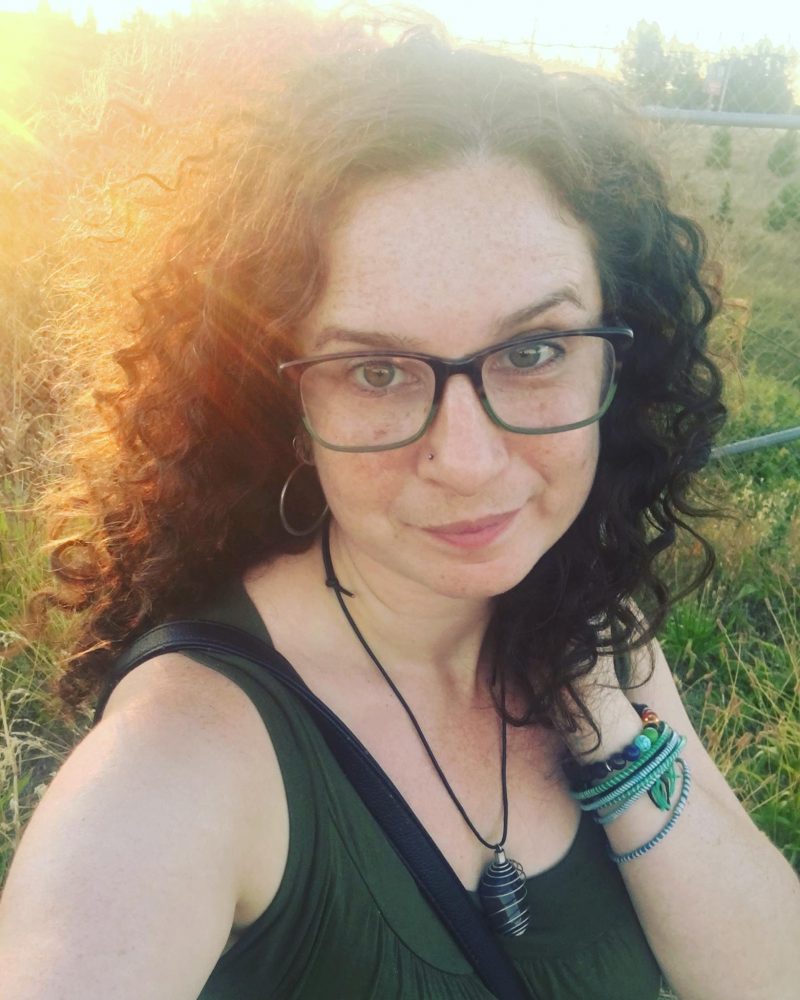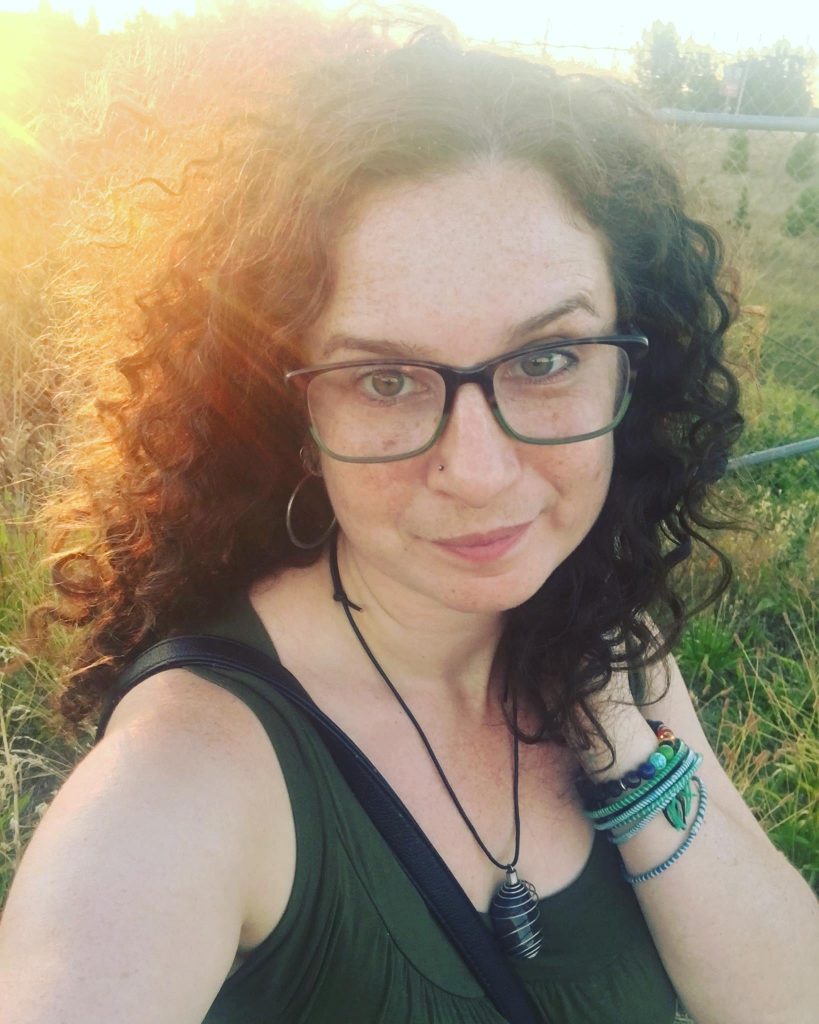As a child I was introverted. I lived in my own small world where I imagined different scenarios. I thought about safe imaginary places where my brain was calm instead of what was actually happening inside. There is much of being a small child that I can’t actually remember. I recall bits and pieces of it, and I’m not sure what was in my mind and what was real sometimes. Memory is funny like that. What I do remember is feeling nervous a lot of the time. I didn’t want to be “myself” because I didn’t think people would like that person. So I stayed silent, anxious, believing that people didn’t actually like me, they were just pretending. In the fourth grade, I liked this boy named Max, but he didn’t like me back. He was cute and all the girls liked him, but I was the funny girl. My voice grew slightly louder then. I realized that I had a gift for making people laugh. I didn’t become the class clown or anything that extreme, but I used humor to guise my pain.
This became a defense mechanism I employed for a long time. I was able to deflect from my pain by making jokes. It was easier to use black humor than it was for me to admit that I was having thoughts about dying or being hit by a bus. I didn’t want to exist at times, but it wasn’t actually because I wanted to die or leave this earth. I wanted to live, in fact, but the pain was so intense that I could barely walk let alone breathe. Emotional pain couldn’t be distinguished from physical pain. It was all lumped into one thing and that thing was a human being named me. I was so overwhelmed by being a human being that I wasn’t able to be myself.
In high school anxiety swallowed me whole at times. Depression punched me so hard that it was hard to get up again. But I did get up again and again, even if I hadn’t showered in five days, I got up. I was afraid someone would know. My hair was up in a messy bun because I couldn’t get into the shower. Baths were somehow easier. It was humiliating to have to admit that I wasn’t able to do regular everyday things like bathing. I didn’t want to believe that I was sick. I was incredibly sick. And it would take until I was 18 to get the help that I actually needed. But that wasn’t even the start of getting well. Because getting well would take years and years. And I am still working on my mental health at age 38.
I have seen many therapists and psychiatrists. I have visited many psychiatrists offices, I have been on too many medications to name. I have been diagnosed and misdiagnosed and diagnosed again. But the thing that took me the longest time to do, regardless of what was happening in my life as a child, as a teenager and as an adult was to find my fucking voice. I was silenced by so many people to the point where I truly believed that what I had to say didn’t matter. That who I was wasn’t relevant. I was invisible. I still fight those feelings of invisibility or the idea that I “don’t matter” frequently. I was a silenced child and now I am a loud woman. But that little girl, the one who is afraid to speak, will always live inside me. Sometimes I have to remind her of how far she has come but also how far she has to go.
Sarah Fader is the CEO and Founder of Stigma Fighters, a non-profit organization that encourages individuals with mental illness to share their personal stories. She has been featured in The New York Times, The Washington Post, The Atlantic, Quartz, Psychology Today, The Huffington Post, HuffPost Live, and Good Day New York.
Sarah is a native New Yorker who enjoys naps, talking to strangers, and caring for her two small humans and two average-sized cats. Like six million other Americans, Sarah lives with panic disorder. Through Stigma Fighters, Sarah hopes to change the world, one mental health stigma at a time. www.sarahfader.com









Leave A Comment